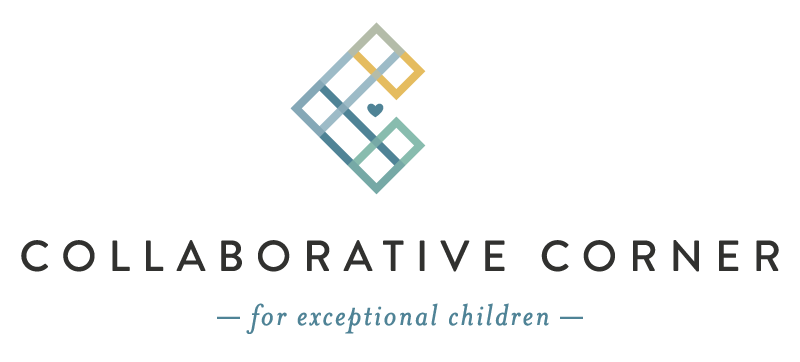Special Olympics
My daughter Caitlyn was born with Robertsonian Translocation Down Syndrome in January of 2000. I was always told that she would not be able to do things like everyone else. They were right. She did things her own way and on her time frame.
I was always an advocate for Caitlyn and would look for things she could participate in, but would be turned away due to her disability. You can imagine how excited I was when her Kindergarten teacher told me that when she turned 8 she could start competing in Special Olympics. I researched everything I could about Special Olympics and was amazed at what they had to offer and the empowerment this organization offered to children with varying exceptionalities. We waited with excitement for Caitlyn to turn 8.
Our adventure with Special Olympics started in 2008. I registered her to participate and she was able to compete in track and field. The two events she participates in are the 50 meter run and softball throw. I can still remember the first time she competed, I had tears in my eyes as I watched her run against others that were at the same ability level. Being able to see the pride in her eyes as she crossed that finish line as a winner meant the world to me. I thought back to the doctors that told me my daughter would not be able to do most things and smiled because Caitlyn proved them wrong. Special Olympics believed in her and gave her the opportunity to show everyone how athletic she is.
Special Olympics has affected my life in many ways. We have been a part of Special Olympics for 11 years now and I still get goose bumps watching all the athletes compete. They all amaze me at how resilient they are and that they do not let their disability prevent them from succeeding. Special Olympics has touched me so much that, in fact, I now am a certified coach for Special Olympics. I love coaching and watching my athletes grow and have the chance to feel victorious.
The Special Olympics community is so understanding and accepting because everyone knows what it is like to have a child or family member that has exceptionalities. There are no strangers at a competition. I have met many wonderful families in the 11 years I have been a part of Special Olympics. I have learned a lot from the athletes as well. No matter if they come in first or last, all athletes are celebrated as winners. It gives them a way to show their unique individual skills because of their exceptionalities.
What is Special Olympics?
The Special Olympics was founded in 1968 and they strive to create a better world by fostering the acceptance and inclusion of all people. Their goal is to create a better world by showing the acceptance of inclusion. Their mission is to provide year-round sports training and athletic competition in a variety of Olympic-type sports for children and adults with intellectual disabilities, giving them continuing opportunities to develop physical fitness, demonstrate courage, experience joy and participate in a sharing of gifts, skills and friendship with their families, other Special Olympics athletes and the community.
What do they offer?
Special Olympics offers 30-plus Olympic-style individual and team sports that provide meaningful training and competition opportunities for persons with intellectual disabilities. Special Olympics supports over 5 million athletes, 1 million coaches and volunteers, more than 100,000 competitions each year, and 32 Olympic-type sports through programs in more than 170 countries.
How can my child get involved?
Any person with exceptionalities from the age of ages of 8 years old and up can become an athlete. They also have a Young Athletes program for children ages 2 to 7. They offer a range of sports for an athlete to compete in. Click here to check out all the information about signing up to be an athlete.
How can I become a coach?
Coaches teach the skills and spirit that define a true athlete. As Coaches, we lead the athletes to be their best. We are there to support them and guide the way to their success. Being a coach is so rewarding. If you are interested in becoming a coach for Special Olympics, click here for more information.
How can I volunteer?
Special Olympics always need volunteers. If you volunteer you will be able to support and cheer on the athletes. They need volunteers to keep scores, be a part of the cheer squad, and help hand out ribbons among other things. If you would to volunteer for Special Olympics, you can find more information here.
Visit the Special Olympics webpage to discover what true inclusion is!!
You can also find specific information for the state of Florida chapter here.
Leslie Haynes, B. Ed.
Inclusion Teacher, Parent Advocate, and Special Olympics Coach
leslie@collaborativecorner.org

